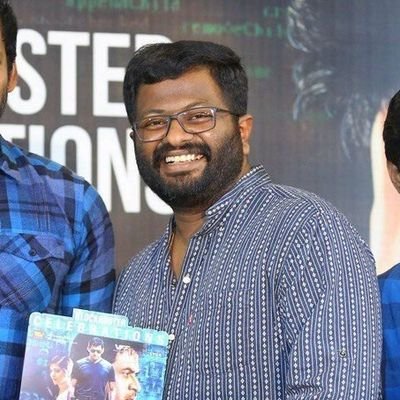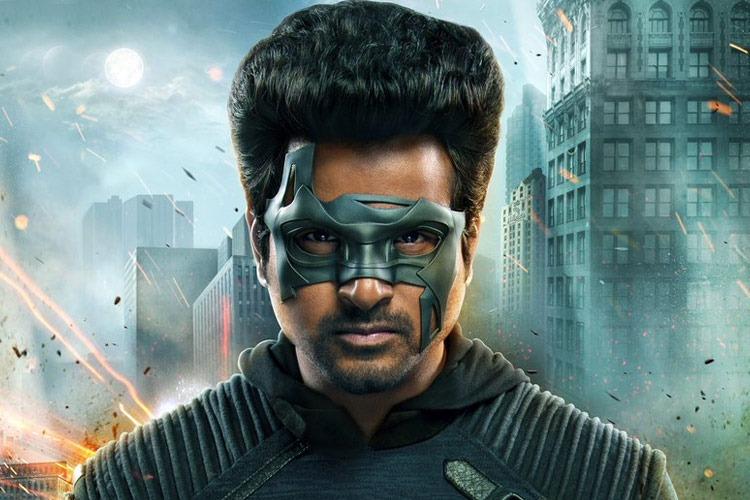In December 2019, a little before the release of PS Mithran’s Hero, starring Sivakarthikeyan, aspiring writer-director Bosco Prabhu, claimed that the movie was based on his story. He had, in 2017, registered a script with the South Indian Film Writers Association titled “Vetri”. Mithran, in 2018, had registered a synopsis of Hero with the Association, but Bosco came to know of this only when he saw the teaser of Hero and made enquiries with the Association.
The Association called both Bosco and Mithran for a hearing. Mithran claimed that he had come up with the same story independently. He also claimed that the similarities were coincidental. After hearing both parties, the Association’s panel found that the two stories were, in fact, similar. Mithran and the producer, KJR Studios, decided to go ahead with the film anyway. Bosco filed a suit in the Madras High Court.
He asked for a stay of the release of the film. A convoluted turn of events saw the case being footballed from one judge to another, until the case was finally heard by Justice M Sundar. By this time, the film had been released. So, Bosco filed two more applications – one for the stay of satellite and digital release, and another to be identified as the writer of Hero.
Justice Sundar heard the arguments from all parties on March 4, 2020. Bosco’s lawyer, Senior Advocate A Thiagarajan, argued that since the Writers Association had already said that the two scripts were similar after hearing Mithran’s defense, the Court must give a stay order in his favour. He also argued that Mithran’s stand kept changing – before the Association, he had said that the character was inspired by ‘Shaktimaan’, but before the Court, he said that he was inspired by an invention from a person called Yogeshwari.

Mithran’s lawyer, T Mohan, argued that Mithran had independently created the story, and that he had no clue of Bosco’s story earlier. He also argued that the two stories were different, that the Association was not a judicial body and could not conclusively give a judgment on whether the two scripts were similar.
Justice Sundar, in his judgment on March 10, 2020, granted a temporary stay in favour of Bosco. He agreed with Bosco’s case that once both parties had submitted to the jurisdiction of the Association, one party could not now say that the Association’s decision was wrong. To do this, the judge held, would require oral evidence, which is the second stage of the case.
To understand this position, we need to take a little detour into law. A civil suit is usually in two stages – an ‘interim’ stage where stay petitions are decided, and a ‘final disposal’ stage, when the case is finally decided. After the stay petitions are heard, the Court usually takes oral evidence – marking of documents, and witness examination – this is called a ‘trial’. Then, it hears final arguments based on oral and documentary evidence. The Hero case was, at this point, in the ‘interim’ stage. This is not the final decision. At the interim stage, the judge, while granting temporary orders, looks at what we call ‘prima facie’ case – literally meaning “first impression”.
The judge held that, in this case, there was already prima facie evidence before him – the report from the Writers Association, which was made after hearing both parties. Because this report is available, and because Mithran could only defeat this evidence with detailed oral evidence, the judge decided that he need not go into the debate of whether there is actually plagiarism at this stage.
The judge also held that the bye-laws of the Writers Association are a contract between the members. They are bound by it. Therefore, once the bye-laws say that the Association has the power to resolve disputes, the members cannot now say that the Association is not the right body to decide whether there is plagiarism or not.
Now, does this mean that the Association’s decision is final? The short answer is no. If a person disagrees with a decision of the Association, he can file a case against the Association in court. However, the decision of the Association is strong prima facie evidence. No judgment in India has given so much weight to the opinion of an artistes’ body (here, the South Indian Film Writers Association). To this extent, this judgment is a positive step because it puts power in the hands of the writers themselves.
However, neither the Madras High Court judgment, nor the Writers Association, has considered the central argument of Mithran – that he created Hero independently. “Independent creation” is a well-known exception in copyright law, and the person who alleges that his work has been plagiarised (here, Bosco) has to show how his creation may have reached the infringer (Mithran). In other words, Bosco will have to show some credible evidence of how his script could have leaked to Mithran. The Court should have considered this aspect.
Now, the judge has granted a stay in favour of Bosco until the trial is complete. The judge also set a six-month schedule for completing the entire case, but this schedule will get disturbed thanks to COVID-19.
Since the movie had already released in theatres, the judge said that the stay is only against satellite and digital release of the movie.
Recommended
The dispute between Mithran and Bosco will now move to the trial stage, where parties will be examined and cross examined. It is likely that apart from Mithran and Bosco, the members of the panel who decided the issue in the Association, including Bhagyaraj, will have to be in the witness box. A point-by-point comparison will be made of every single aspect of the two scripts. At that stage, the test the court will apply is “substantial similarity”. Apart from this, the Court will also decide the question of independent creation by Mithran. But until all this is over, it is unlikely that we will be able to watch Hero on Prime. As a copyright lawyer, my impression is that it may be wiser for the producer to just enter into a settlement with Bosco Prabhu because the case will take too long to complete in light of Coronavirus pandemic.
Also read, EXCLUSIVE: PS Mithran And Bosco Prabhu’s Court Documents In ‘Hero’ Plagiarism Case
Swaroop is a copyright lawyer practising in the Madras High Court.



